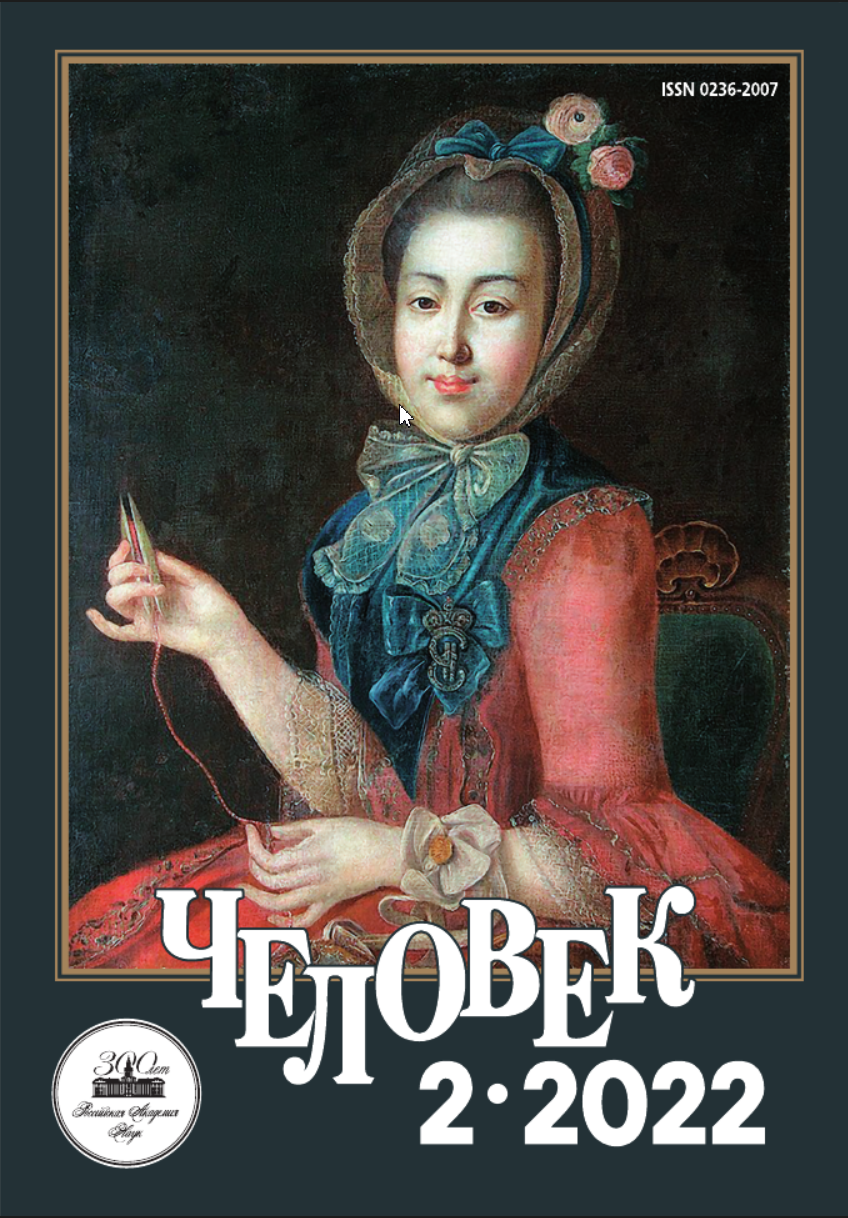Language, Conceptualization and Embodied Cognition
Keywords:
epistemology, philosophy of consciousness, language and cognition, image schema, prenoetic schematization, preconceptual experience, cognitive linguistics, linguistic relativity, embodied cognitionAbstract
The article presents one of the four research programs of the Center for Philosophy of Consciousness and Cognitive Sciences, which is focused on studying cognitive processes on the basis of linguistic material and in interaction with other cognitive sciences. The program is prepared at the junction of modern cognitive linguistics, cognitive anthropology, and the theory of embodied cognition. It involves an analysis of several “levels” of cognition: pre-conceptual experience, perception and motor cognition, thinking, and philosophical creativity. After a brief outline of the program, one of the examples of its implementation — an interdisciplinary approach to the problem of prenoetic schematization (“image schemas”) — is discussed. Materials of descriptive semantics, lexical and grammatical typology, theory of conceptual metaphor, theory of grammaticalization, etc. are involved. As a result, it is demonstrated, first, the practical interaction of different cognitive sciences to study one of the areas of cognition; second, the real complexity of such interaction; third, the relevance of such interaction for a deeper understanding of philosophical problems and our own facticity.






